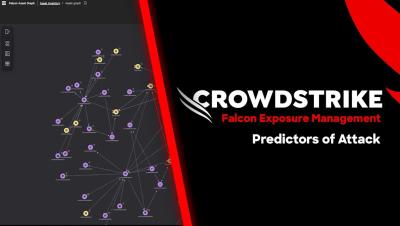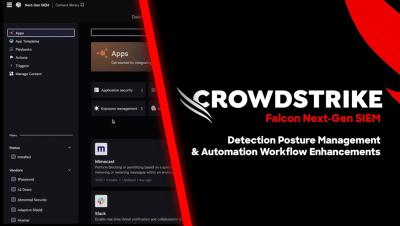Better Together: The Benefits of Combining MXDR and TPRM
Security operations teams face escalating demands to promptly detect and respond to third-party cyber threats, largely due to the increasing number of data breaches occurring within an organization’s supply chain. An effective program to manage this type of cyber risk is essential for safeguarding sensitive data and maintaining business continuity.











